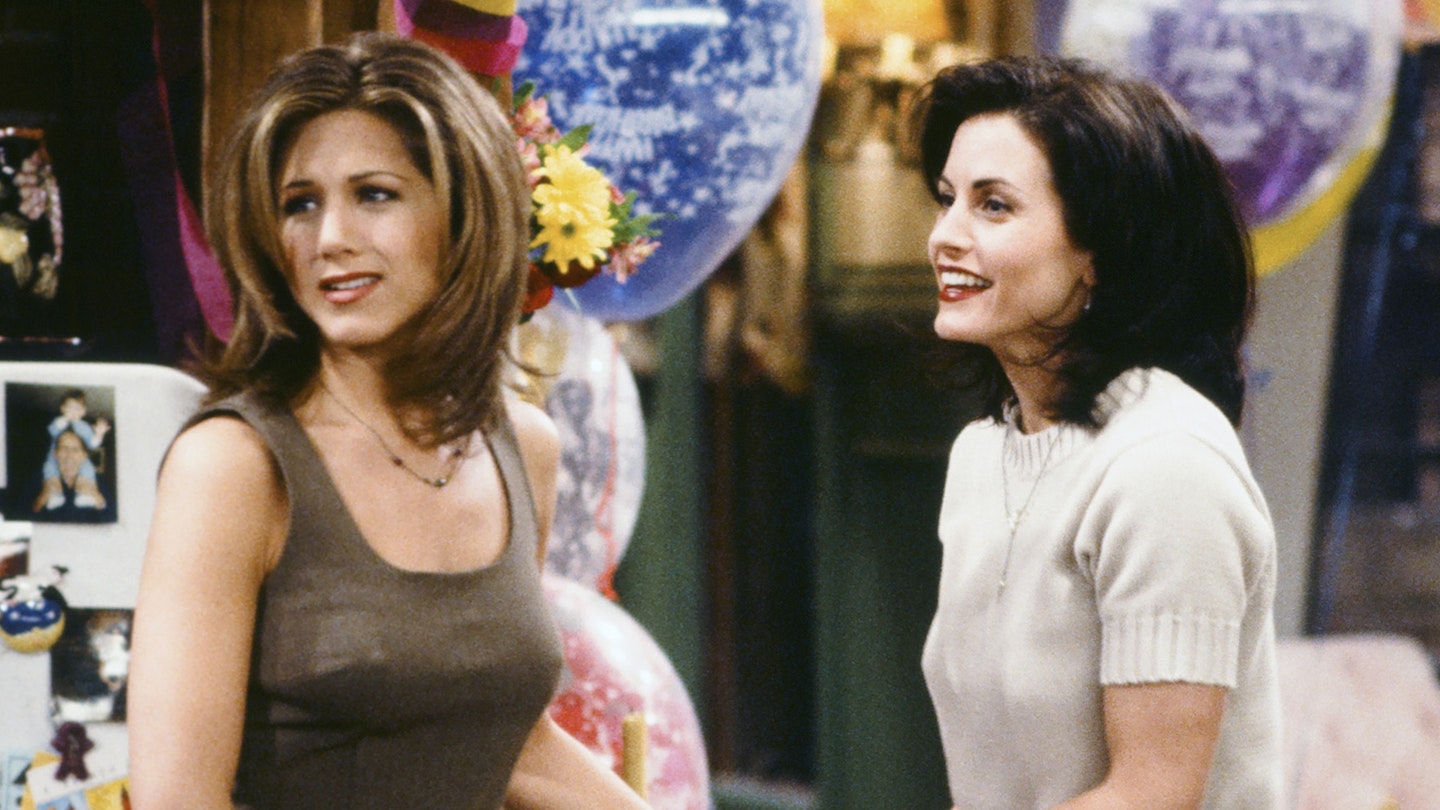David Beckham says he’s a Monica. Malala Yousafzai says she’s more of a Joey. The unlikely pair were among the celebrities who have made cameos in the global sensation that the Friends reunion episodehas become. Their insistence that they align so heavily with one of the six main characters is common. Who has not pondered if they are more of a Rachel or a Phoebe? But I’m calling for an end to such speculation. You are not a Rachel. You’re just spoiled.
People who say they are ‘such a Monica’ usually do so because they like things clean. That’s David Beckham’s stance. They also, perhaps, identify with her forthright manner and efficiency. But they seem to choose to ignore that she is also shrill and dismissive.
Those who think they’re a Rachel really just think they have a good sense of style and are the centre of their friendship circle (a la Carrie Bradshaw, who we’ll move onto later). They ignore that she’s selfish and whiney.
Those who think they’re ‘a Joey’ because they like pizza and maybe feel a bit dopey sometimes would most likely find his womanising and gluttony repugnant if faced with it in real life.
Being ‘a Chandler’ is just shorthand for being a sarcastic arsehole.
Identifying with Phoebe means that you think you’re kookier than you are.
And feeling an affinity with Ross indicates… well, surely no one identifies with Ross. He is an awful human being.
I probably sound like an absolute bore and a complete fun sponge. I confess that’s probably true. But there are also genuine repercussions to the way in which we classify ourselves and others in this way. The main issue for me is the case of Monica. I think that some people have come to see her love of cleanliness as in some way indicative of OCD, a disorder that has a real, detrimental impact on those who suffer from it. Google 'Monica from Friends: OCD' and you'll find reams of discussions of if she had OCD, and there are absolutely bizarre conspiracy theories that suggest that she may have spent time at a weight loss facility and received medications that, years down the line, would impact her neuroses and even fertility. This dive into the deep recesses of the internet leads me to conclude that the character of Monica Geller is partly responsible for the trivialisation of this disorder, and its erroneous, common perception as a mere character quirk.
I also worry about how such labels are weaponised in the realm of ‘negging.’ If you identify with someone personally, then I suppose it’s harmless. But telling a friend or mere acquaintance that they’re a bit of a Chandler because they are sarcastic or wear sweater vests, or that they're like Phoebe because they march to the beat of their own drum feels like a backhanded compliment.
Friends is just one of the many cultural phenomena whose legacy has centred around the relatability of the individuals depicted. The Harry Potter franchise has led to enough ‘Which Hogwarts House Are You?’ quizzes to take a lifetime to complete, and dating apps are awash with profiles bearing such woeful slogans as 'Hufflepuff and proud'. The characters of Sex And The City are, perhaps, even more commonly listed in discussions between friendship groups. This show, and the ‘which one are you?’ discourse, was later pilloried in an episode of beloved comedy 30 Rock. ‘How Sex and the City are we right now?’ asks narcissistic blonde Jenna Maroney in one episode to two friends, including Tina Fey’s Liz Lemon. ‘I'm Samantha, you're Charlotte and [turning to Liz] you're the lady at home who watches it.’
It’s a classic 30 Rock joke that reminds us that no, we are not Carrie. We cannot all be the sensible Miranda, the prudish Charlotte or the exuberant Samantha. We cannot be wholly represented by one fictional character made up by committee. Some of us are none of them. Anyone who attaches themselves to a character to any great extent - anything beyond the occasional well meaning one-liner shared with friends - needs to get a grip.
Of course it’s normal to feel commonality with fictional people who have been written to be relatable. Of course we should feel comfortable in commenting that an occurrence in your everyday life is reminiscent of a beloved moment in TV. You just don’t have to define your whole personality by it.
Sorry for being such a bore. I’m such a Ross, am I right?
READ MORE: The Horrific Commentary About The Friends Cast Is Exactly Why Celebrities Rarely Do Reunion Shows
